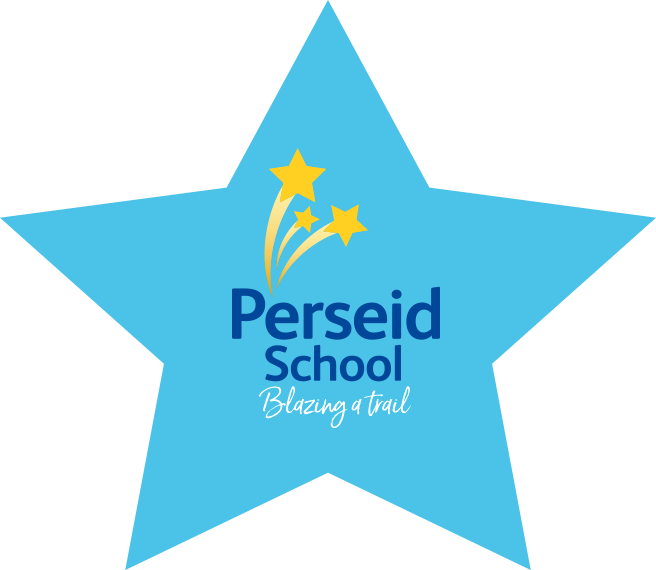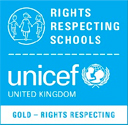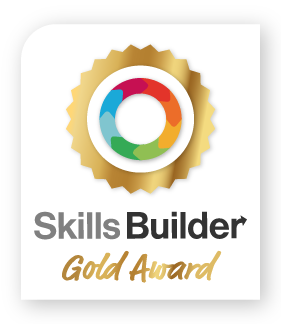Our Curriculum
To support pupils’ transition back to school following the first lockdown, our curriculum incorporated a Recovery Strand. In light of the Pandemic, changes have been made to ensure our school is Covid safe whilst also allowing our pupils to enjoy an experience that is as positive and normal as possible. Senior leaders, teachers and wider staff noted that pupils responded well and continued to thrive.
At the start of term, classes across the school completed memory activities as part of their reflection on lockdown, including memory boxes and posters. In addition, Pupil Voice has continued to be a valued and recognised part of our curriculum and life. PSHE leads have continued to promote the Rights of the Child, which is embedded throughout the curriculum and enhanced in virtual daily reflections and assemblies. Key aspects of our pupil experience such as fundraising have been vital to our recovery, as has ensuring that where things cannot happen as normal, we have activities and processes in place.
Our Thrive Lead and Assistant Headteacher Surita produced a Thrive recovery curriculum focused on resilience, reflection and building positive and meaningful relationships. In addition, assessments enabled teachers to identify gaps in pupil learning and plan carefully to meet their needs. Ensuring staff are attuned to pupils’ needs has always been a priority at Perseid, but this is even more so now.
Across both phases, music plays an integral role within the Creative and Arts curriculum. At the centre of lessons, a focus on well-being and fun has supported pupils to feel comfortable, happy, and motivated to participate and enjoy the opportunity to play and develop skills on their preferred instruments, alongside exploring how sensory materials such as bubbles, props and lights can enhance their learning experience.
At Lower School, Blue Pathway focused on creating an input to help pupils settle and build strong relationships with staff, through Thrive and Curiosity Programme inspired activities, promoting engagement, relationships, and enjoyment. As the term progressed, Attention Autism strategies in maths supported pupils to build their attention and engagement skills and make maths content interesting and fun, which again helped pupils settle in to group activities. Sensory movement breaks in lessons enabled pupils to build tolerance and resilience in the classroom and ensure an enjoyable learning space.
Upper School pupils have enjoyed participating in preferred activities as part of their Recovery Curriculum. In Klee Class, these have ranged from exploring edible sensory trays to create and overwrite marks, to participating in cooking activities to build independence skills. Pupils were innovative in Enterprise lessons, creating pictograms in maths and poetry in Literacy. Other classes created firework sensory bottles, tested switch work in Computing and Food Science and explored props and costumes in drama.
In 6th Form, students explored measurements through cooking and baking an array of delicious dishes, including potato salad, cakes, biscuits and gingerbread. Group activities included Lego therapy and in General Studies, students have focused on relationships, examining the different types of families, respecting personal space, individuality, and uniqueness.

























